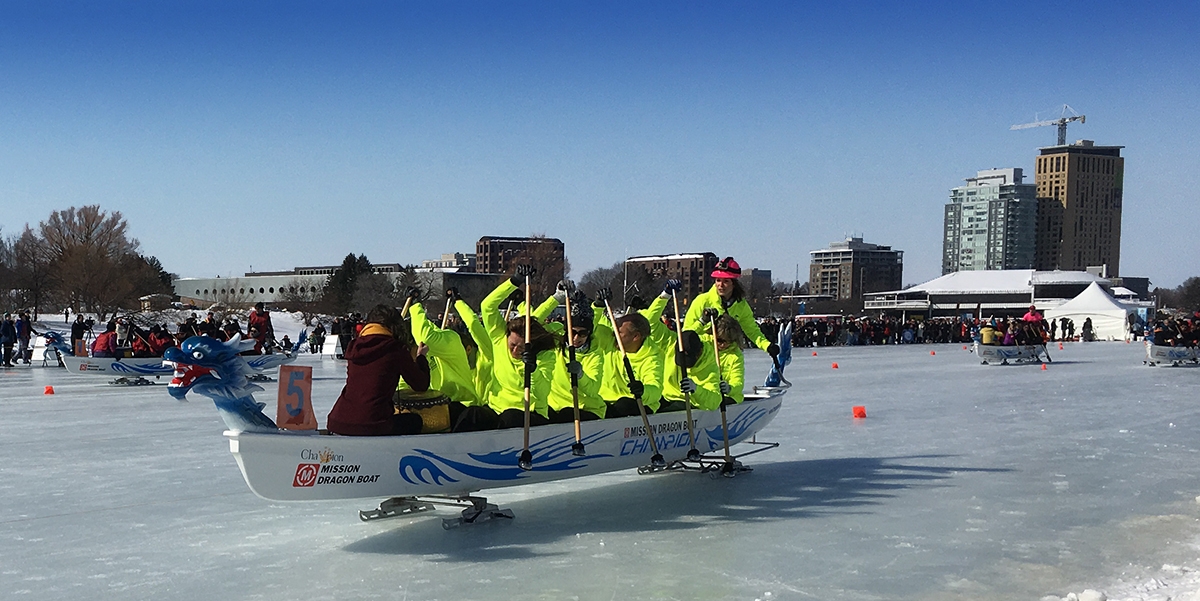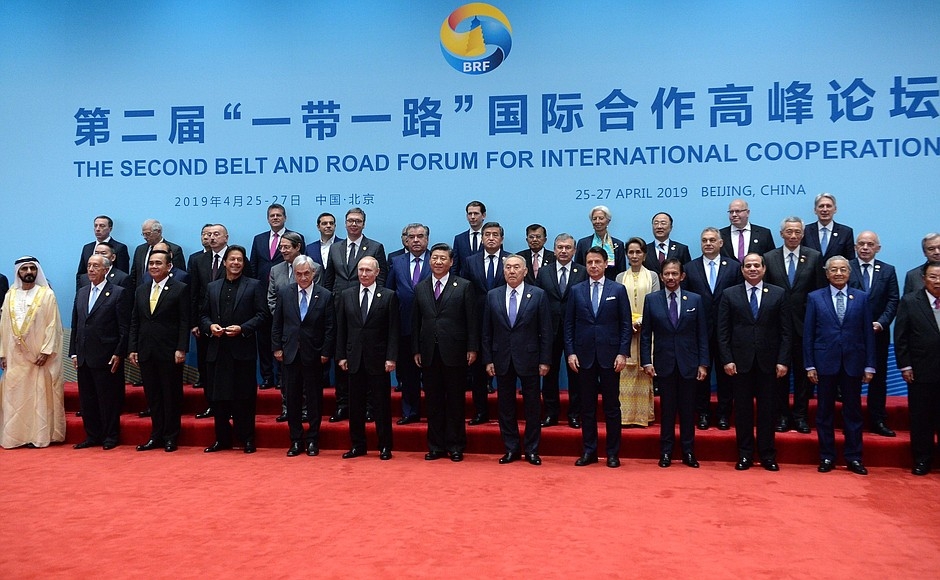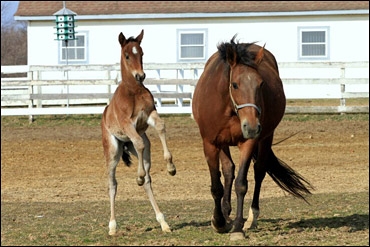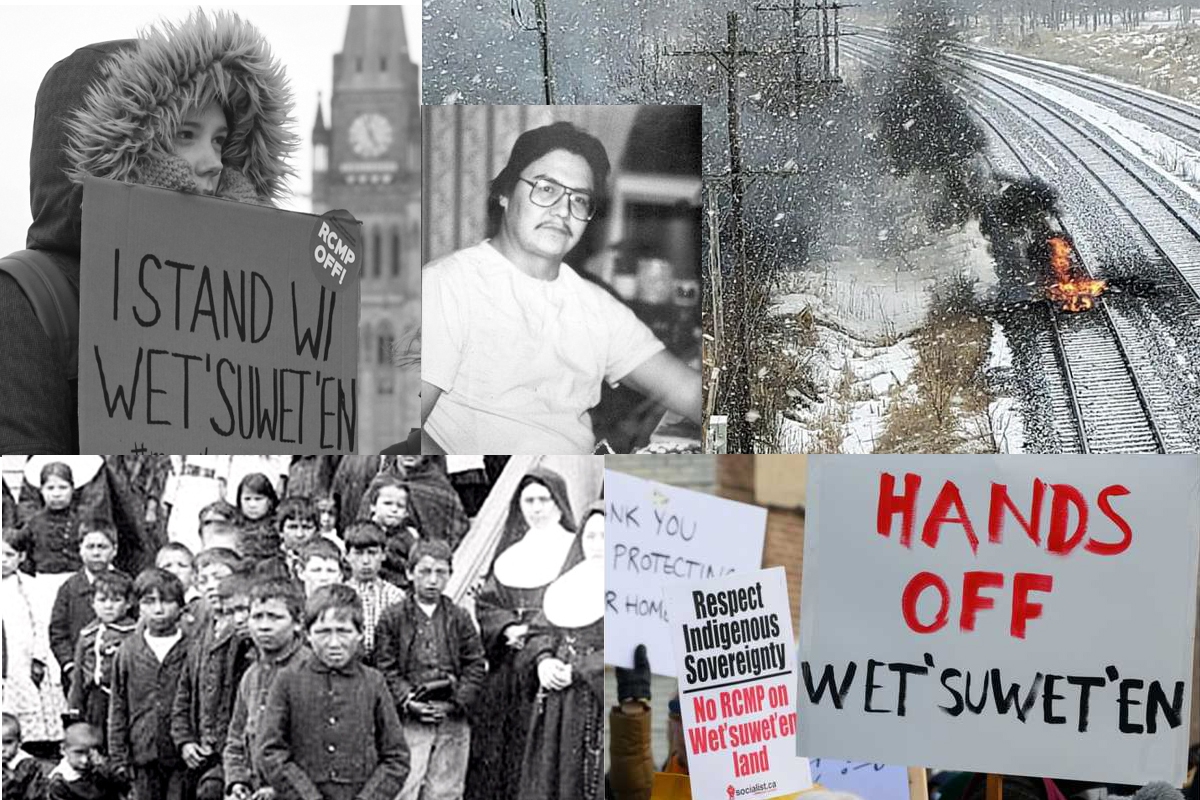
It’s time to stop using the “rule of law” as a weapon against Indigenous peoples
By Corey Shefman
Protests against the RCMP’s attempts to remove Wet’suwet’en traditional leadership from their homeland continue to gain steam. First Nation and other allies have been blockading railways, bridges and public buildings across Canada.
As the civil disobedience grew and began to affect urban Canadians, many of whom found themselves inconvenienced in this way for the first time, a new refrain began. Politicians and the media, including the Globe and Mail’s editorial board, demanded that the “rule of law” be enforced. The “rule of law,” we are told, is threatened by protestors blocking railways and defying injunctions.
At best, these voices treat the rule of law as if it is a neutral, amorphous thing, swooping in like a superhero to ‘do justice’ when The Law demands. But law is not neutral. This is never more true than when it affects Indigenous peoples that Canadian and British law have spent centuries oppressing.
So the invocations of the rule of law by politicians and editorial pages are not simply innocent pleas to neutrality and lawfulness, they’re self-serving calls to once again disenfranchise Indigenous people so that settlers won’t have to be inconvenienced.
Throughout this history of Canada and British North America, the rule of law has been used by colonial governments to renege on their treaty obligations.
Until 1951, the rule of law prohibited First Nations from hiring lawyers to protect their rights.
Until 1951, the rule of law required First Nations people to get permission from the local “Indian Agent” if they wanted to leave their reserve or get a job.
From the late 1950s until well into the 1980s, the rule of law enabled the federal and provincial governments to steal an estimated 20,000 Indigenous children from their families, often to be sold (yes, sold) to white families in urban centres.
Until 1994, the rule of law mandated that many Indigenous be sent to Residential Schools, where many were beaten, abused, and had their language and culture stolen from them.
In 1988 and 1995, the rule of law allowed police to murder JJ Harper and Dudley George — just two of the countless Indigenous people killed by police in Canada’s history.
In 2018, the rule of law allowed Canada’s youth jails to be filled with nearly 50 per cent Indigenous children, despite Indigenous children only being eight per cent of the population.
Today, the rule of law is being used to justify ignoring the laws of the Wet’suwet’en government, and to crack down on protesters across the country expressing their concern with the federal government’s conduct.
Governments of all stripes love to talk about reconciliation and moving forward from the abuses of the past. Few things will get a politician moving faster than a photo opportunity at an event where they’re seen to be providing support to First Nations. But when the time comes to take action and give meaning to the various apologies, reports and commitments, those same politicians seem to be stuck, like a broken record, constantly repeating the same platitudes, while continuing to deploy the same colonial laws in the same colonial ways.
When First Nations try to use the law to benefit themselves and their communities, the Crown pushes back, insisting on holding them to the bare minimum, or outright breaching the rule of law themselves.
When Cindy Blackstock and the First Nations Caring Society went through the proper procedures and succeeded in having the Canadian Human Rights Tribunal declare that the federal government had discriminated against First Nations children, the government didn’t respect the ruling, it didn’t honour the rule of law that its own tribunal had laid down.
Indeed, four years, and nine non-compliance orders later, the federal government continues to ignore the rule of law and discriminate against First Nation children.
The rule of law is a convenient weapon for governments to use, as they’ve done for over 150 years, when Indigenous peoples assert their rights and try to hold Canada accountable. Far from a neutral, universal good, it has been turned against the very people it was meant to protect.
Until Canadians and our governments start seeing the rule of law through the lens of colonialism, and recognize the lopsided, inequitable and hypocritical ways in which it has been deployed, there will be no justice for Indigenous peoples and no peace for Canadian’s colonial institutions.
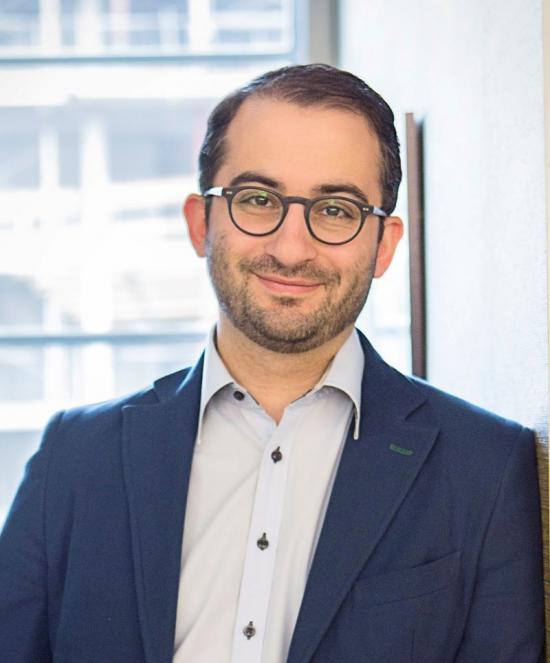
Corey Shefman is a lawyer at Olthuis Kleer Townshend LLP, representing Indigenous peoples, persons and organizations. You can find Corey on Twitter @coreyshefman.

